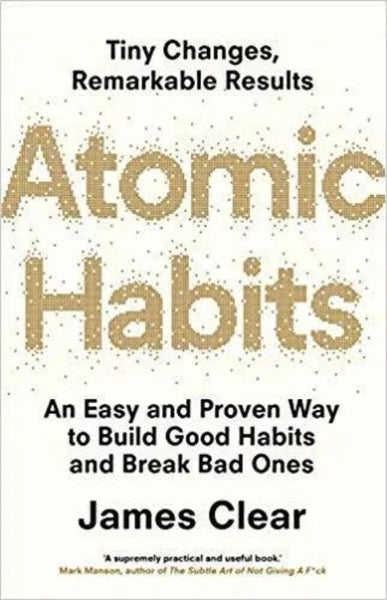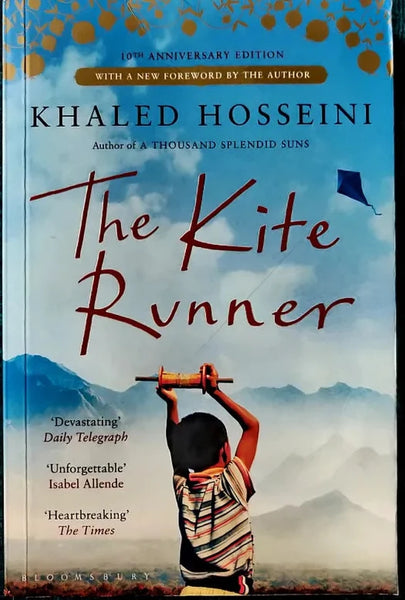In "Applying Indigenous Research Methods" by Sweeney Windchief and Timothy San Pedro, the authors provide a concise yet comprehensive exploration of methodologies rooted in indigenous knowledge systems. They underscore the importance of honoring traditional ways of knowing and understanding, advocating for a more inclusive approach to research that respects diverse cultural perspectives. The book emphasizes the significance of decolonizing research practices and highlights the value of community engagement and collaboration throughout the research process.
Key Points:
1. Indigenous Knowledge Systems Indigenous research methods prioritize indigenous knowledge systems, which encompass traditional practices, cultural beliefs, and ancestral wisdom passed down through generations. These systems offer unique insights into various phenomena and should be respected and integrated into research endeavors.
2. Decolonizing Research Practices Central to indigenous research methods is the commitment to decolonizing research practices. This involves challenging colonial ideologies and power structures embedded within traditional research frameworks, ultimately striving for more equitable and inclusive approaches.
3. Community Engagement Community engagement lies at the heart of indigenous research methods. Collaboration with indigenous communities ensures that research initiatives are culturally sensitive, relevant, and beneficial. It fosters mutual respect, trust, and reciprocity between researchers and community members.
4. Cultural Respect and Sensitivity Indigenous research methods prioritize cultural respect and sensitivity, recognizing the diversity of indigenous cultures and the importance of preserving cultural integrity. Researchers must approach their work with humility, acknowledging their positionality and the potential impact of their research on indigenous communities.
5. Holistic Approaches Indigenous research methods often embrace holistic approaches that consider the interconnectedness of all living beings and the environment. This holistic perspective guides research inquiries, methodologies, and interpretations, leading to more comprehensive understandings of complex issues.
6. Oral Tradition and Storytelling Oral tradition and storytelling play integral roles in indigenous research methods, serving as vital means of transmitting knowledge, preserving cultural heritage, and sharing experiences. These narrative-based approaches offer alternative avenues for data collection and analysis.
7. Ethical Considerations Ethical considerations are paramount in indigenous research methods, with a focus on fostering ethical relationships, ensuring informed consent, and upholding principles of respect, reciprocity, and beneficence. Researchers must navigate complex ethical landscapes with integrity and accountability.
8. Indigenous Methodologies Indigenous research methods encompass a range of methodologies that reflect indigenous worldviews and epistemologies, including participatory action research, Indigenous research sovereignty, and Two-Eyed Seeing. These methodologies prioritize indigenous ways of knowing and being while challenging dominant research paradigms.
9. Knowledge Co-creation Knowledge co-creation is fundamental to indigenous research methods, emphasizing collaborative approaches that value indigenous knowledge holders as equal partners in the research process. This co-created knowledge contributes to more meaningful and sustainable outcomes.
10. Empowerment and Self-Determination Indigenous research methods empower indigenous communities by centering their voices, perspectives, and priorities. By fostering self-determination and agency, these methods support community-led initiatives, advocacy efforts, and policy development, ultimately contributing to social justice and equity.
In "Applying Indigenous Research Methods," Windchief and San Pedro offer a compelling framework for researchers seeking to engage with indigenous communities respectfully and responsibly. Their work encourages scholars to embrace diverse ways of knowing, challenge colonial legacies, and work collaboratively towards more equitable and inclusive research practices.

























